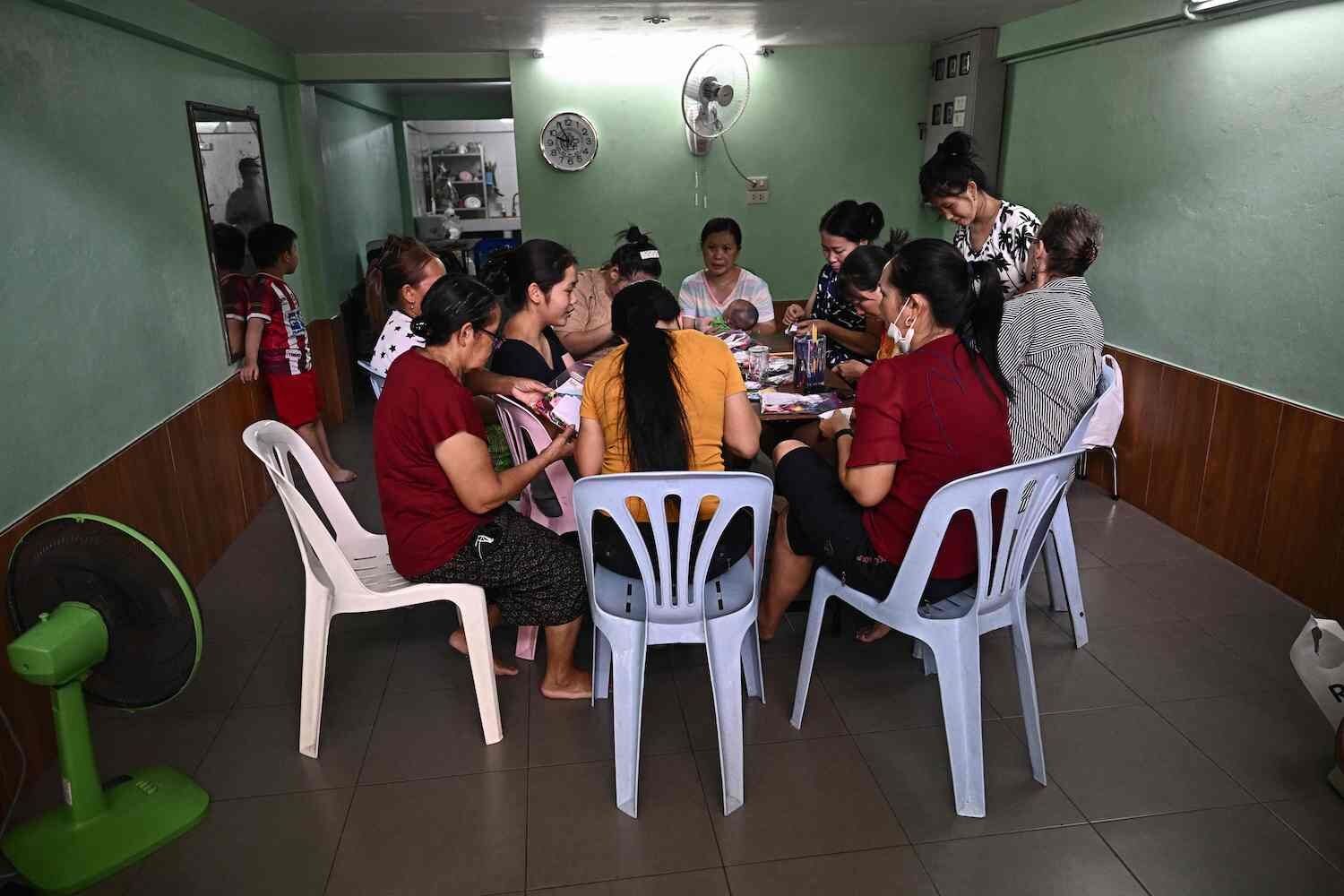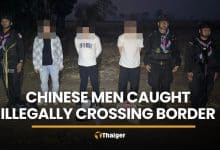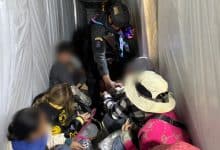New refugee screening system stirs fear among asylum seekers

Bangkok is home to a church where Vietnamese refugees find a temporary haven from lives fraught with fear of arrest or deportation. This is because Thailand, having not signed up for the UN Refugee Convention, does not have a system in place to differentiate between refugees and other migrants, resulting in thousands of individuals living under the radar.
Soon, a revamped system will be implemented, designed to distinguish between individuals who would face danger if returned to their homelands and others who are in Thailand illegally. However, this new system is being greeted with unease by refugees and rights activists alike, who fear it could be misused or even lead to expedited deportations.
Sung Seo Hoa, a Vietnamese pastor and member of Vietnam’s Hmong minority, expressed these fears. Having fled from pressure from the communist government in his homeland 12 years ago, he now leads a life of fear.
“We are afraid of police arrest, being put in jail and deported back to Vietnam. That’s what we are very afraid of, 24 hours a day.”
He does not plan to go through the new screening process due to the risks involved.
The National Screening Mechanism, set to launch later this month, will see a system with Thai police screen mostly urban refugees and asylum seekers. Those granted protected person status will receive temporary residence permits and access to healthcare and schools, but not the right to work.
However, there are concerns about potential loopholes connected to national security, which might affect groups such as Uyghurs from China, Rohingyas from Myanmar, and North Koreans, reported Bangkok Post.
Phil Robertson, deputy director for Asia at Human Rights Watch, warned that police heading the screening committee could lead to potential abuse. He also cautioned about these loopholes lacking transparency.
“There are very broad undefined provisions connected to national security which the government could say ‘for national security reasons we don’t want to screen that person as a refugee and we don’t need to tell you why’.”
There are fears that the new system may become a pay-to-play game, where those with money can buy status. The screening process will also include criminal background checks, which may ensnare Myanmar anti-coup activists with unfounded criminal charges against them.
Thailand’s history of deporting refugees, including 109 Uyghurs to China in 2015, has also bred distrust in the system, says Patrick Phongsathorn of the campaign group Fortify Rights.
“We see there is a cooperation between repressive governments in this region in terms of taking out each other’s dissidents — a swap shop if you will.”
The Thai Department of International Organisations has assured that respect for privacy and confidentiality are core principles and that it would not return rejected applicants to their countries under the principle of non-refoulement. Applicants can appeal against rejection in the refugee system within 90 days.
The UN High Commissioner for Refugees has conducted screenings under the current system, but it is uncertain how much longer this will continue. The agency claims it has been working with Thailand to establish a fair, efficient and transparent protection mechanism in line with international standards.
Follow our latest stories on our new Facebook page: CLICK HERE.
Latest Thailand News
Follow The Thaiger on Google News:


























